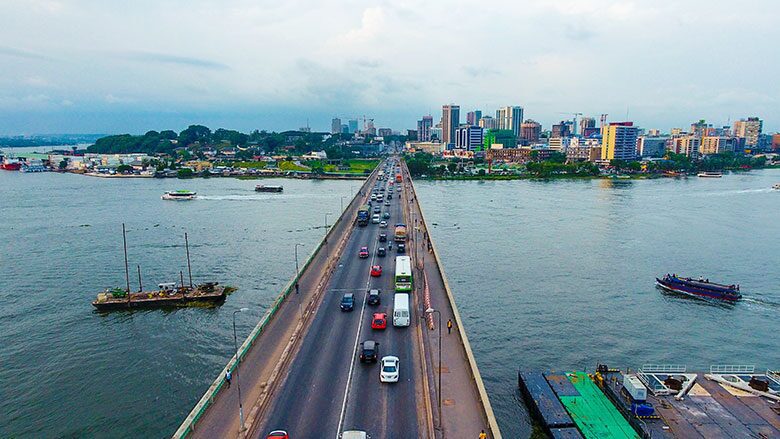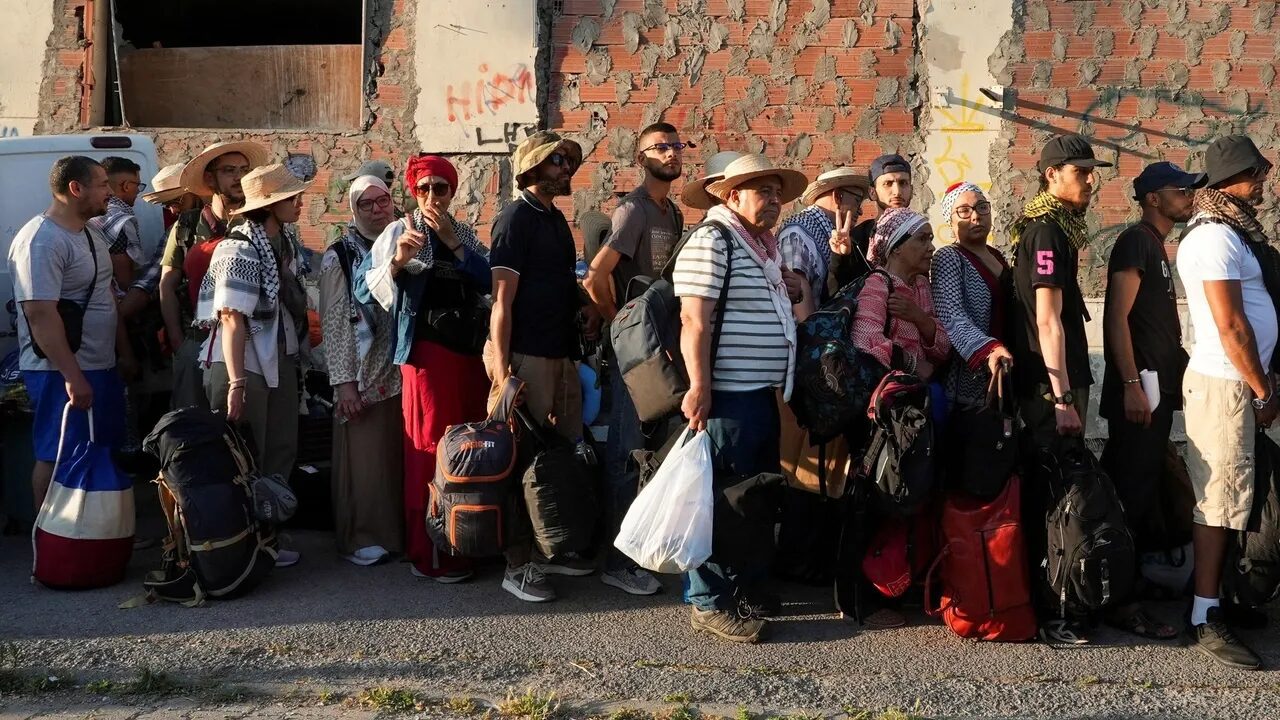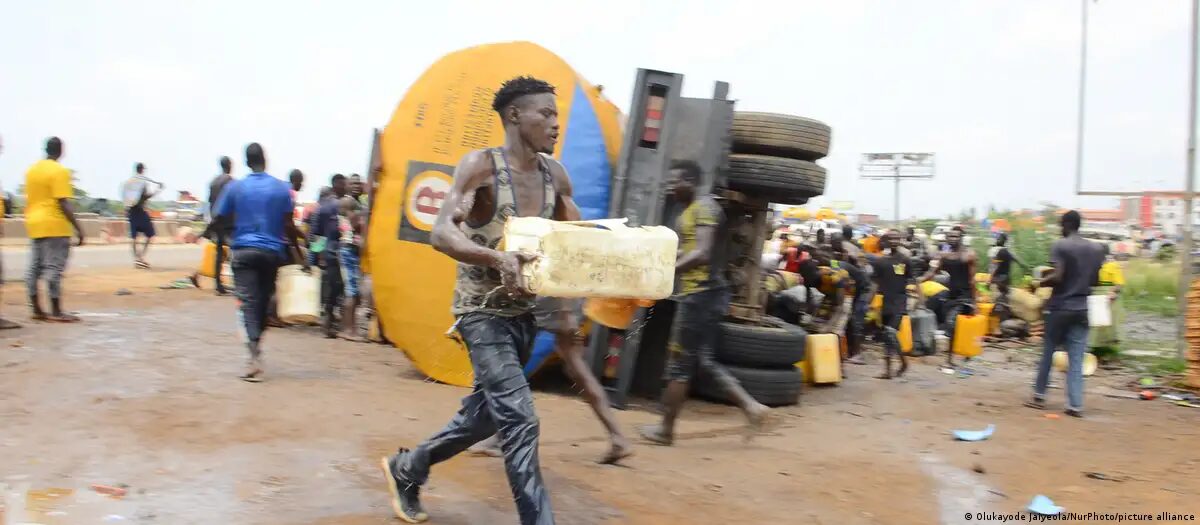
Wednesday 23rd July 2025

By inAfrika Reporter
Before the support of the African Development Bank, water access was a daily battle for many in Angola. Communities like Sumbe had to fetch water from distant rivers, risking exposure to disease and physical strain. Clementina Artur recalls how diseases such as cholera were rampant, but thanks to the Urban Water Supply and Sanitation Project, clean water is now available in homes and public spaces. The change is life-altering.
For elderly women like Isabel Sambovana, the project provided dignity and safety through something as simple yet vital as a latrine. She no longer has to walk behind her home to relieve herself, which once posed serious physical challenges. Inspired by her experience, 301 latrines have been self-built by the community, reducing open defecation and significantly improving health outcomes. This project is more than infrastructure it’s a catalyst for social change.
Since its inception in 2015, the decade-long project has empowered seven utility companies, added 59,008 household water connections, and reached over 472,000 individuals. It has legally established these utilities, improved financial systems, and actively engaged the private sector. Women-led water kiosks, now numbering 179, are operational in peri-urban areas. Laboratories in Cunene, Bengo, and Sumbe have been constructed, while sanitation master plans have been created for 11 cities, five of which have already secured financing for implementation. These advances aren’t just about pipelines and blueprints they reflect a broader strategy for inclusion and gender equity.
A social and gender action plan was developed alongside an internship program, giving 60 young Angolans the opportunity to gain hands-on experience in engineering, financial management, environmental monitoring, and social sciences. These aren’t temporary fixes; they’re tools for long-term resilience and leadership development.
Eskendir Alemseged from the African Development Bank describes the project as transformative. He explains that beyond the 472,000 people who now have clean water, the broader service improvements have positively affected nearly 1.5 million citizens. The changes brought about are deeply systemic and reach far into the future.
Women like Helena exemplify this future. She started as an intern and is now heading the microbiology department in Sumbe’s water laboratory. She performs crucial water analyses that influence health and safety outcomes for entire municipalities. Her work not only sustains the project’s impact but elevates the status of women in STEM.
Meanwhile, young Gilda Giza Rede is breaking barriers in a male-dominated field. At only 20, she’s the only female intern among ten electromechanical technicians at the Sumbe Wastewater Treatment Plant. Her ambition is clear she wants to see the plant help families prevent disease and support farmers with organic fertilizer.
Water is life, and in Angola, that life is being reimagined. Thanks to a carefully crafted and inclusive approach, the African Development Bank’s initiative is leaving behind more than new infrastructure. It is leaving behind knowledge, empowerment, and the capacity for communities to build their own future.


